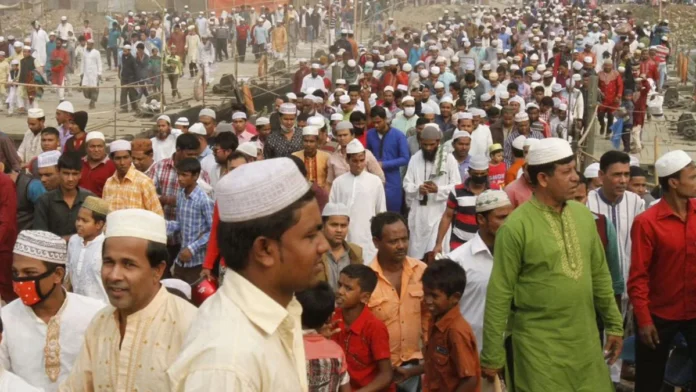Bangladesh’s Attorney General, Md Asaduzzaman, has made a controversial proposal to remove the term “secular” from the nation’s Constitution, arguing that the current framework does not align with the country’s demographic and historical realities. His statement, made during a court hearing regarding the legality of the 15th Amendment—which reinstated secular principles in 2011 has sparked widespread debate.
Demographic Justification
Asaduzzaman stated that secularism and socialism are ill-suited for a country where approximately 90% of the population identifies as Muslim. He argued that constitutional changes should reflect Bangladesh’s democratic and historical context, aligning more closely with what he views as the nation’s authentic identity.
Critique of the 15th Amendment
The Attorney General criticized key provisions of the 15th Amendment, particularly Articles 7A and 7B, which place restrictions on changes that could undermine the principles of democracy. He suggested that these provisions concentrate power in a way that inhibits democratic reforms, accusing them of reinforcing authoritarian rule.
Historical Context
Asaduzzaman also criticized the current constitutional framework for contradicting the spirit of Bangladesh’s Liberation War and the anti-autocracy movements of the 1990s. He further called for a reassessment of Sheikh Mujibur Rahman’s title as “Father of the Nation,” claiming that it has been politicized and used to divide the country.
Concerns for Minorities
The Attorney General’s proposal has raised significant concerns regarding the potential impact on Bangladesh’s minority communities, particularly Hindus. Recent reports highlight over 2,000 attacks on Hindus since August 2024, amid increasing political instability. The proposal has intensified fears that further erosion of secular principles could exacerbate discrimination and violence against minorities in the country.
Asaduzzaman’s call for constitutional changes reflects a broader ideological shift within Bangladesh’s interim government, which has been heavily criticized for its treatment of minority groups, especially following the ousting of former Prime Minister Sheikh Hasina’s secular government earlier in 2024. The ongoing political upheaval continues to fuel tensions, leaving many questioning the future of minority rights in Bangladesh.



